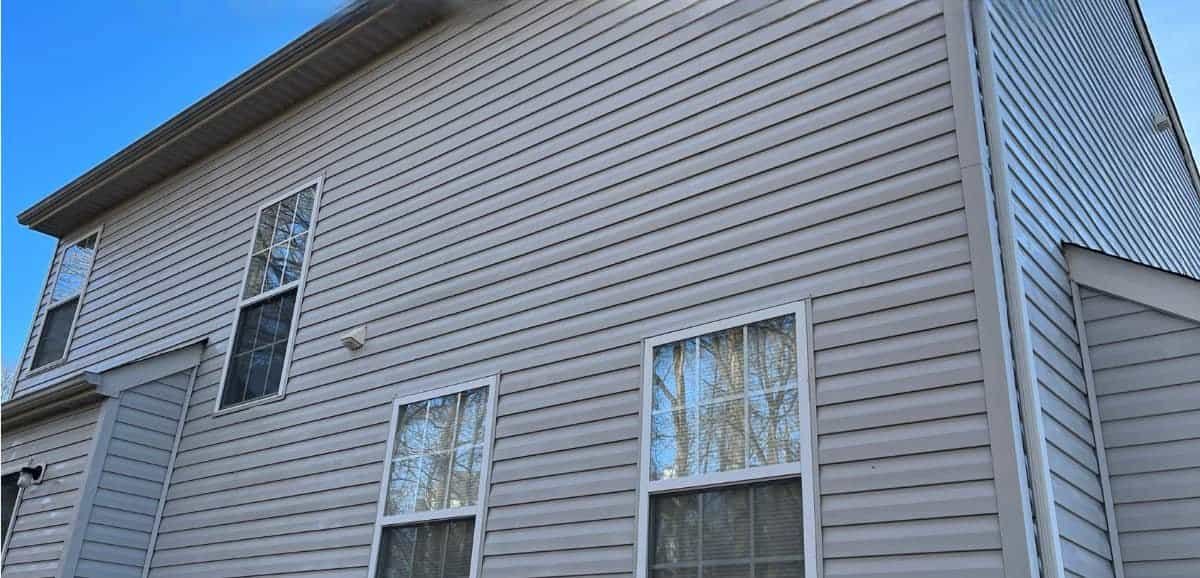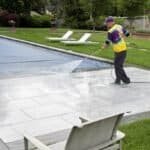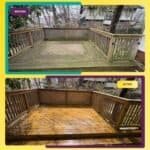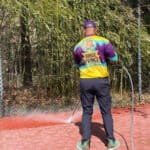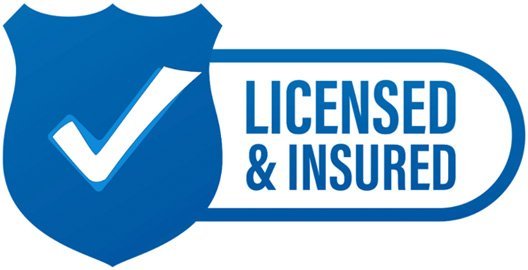Pressure washing can make a significant difference in the appearance of your home, but it’s not something to undertake without some knowledge and expertise. Surfaces like siding, stucco, and roofs can be surprisingly easy to damage if the pressure is too high or the technique is incorrect. Whether you’re considering tackling it yourself or hiring a professional like Rinse Prince, it’s worth taking the time to understand how to do it safely and what to watch out for.
Key Takeaways:
- Pressure washing is safe for siding, stucco, and roofs when done properly.
- Different surfaces require different pressure levels and techniques.
- Soft washing is often a better option for roofs and fragile materials.
- Hiring a professional helps avoid damage and ensures a thorough, safe clean.
- Improper cleaning can lead to water damage, mold growth, or voided warranties.
Understanding the Risks of High-Pressure Cleaning
Pressure washers can blast dirt and grime away in seconds, but they can also cause damage to siding, tear up stucco, or harm roof shingles if misused. Vinyl siding might warp under high pressure, stucco can crumble, and roofs, especially asphalt shingles, are particularly vulnerable. The key is using the right amount of pressure and technique for each surface.
Why Soft Washing Might Be the Better Choice
Soft washing utilizes lower water pressure, combined with specialized cleaning solutions, to break down dirt, mold, and algae. It’s the go-to method for cleaning roofs and more delicate exteriors. Unlike high-pressure washing, soft washing is gentle on surfaces while still being effective against grime, making it a safer and more effective option in many cases.
Siding Types and Their Cleaning Needs
Not all siding is created equal. For example:
- Vinyl siding can withstand moderate pressure, but still requires a careful application to avoid damage.
- Wood siding is more fragile and prone to splintering or water intrusion.
- Fiber cement siding is more durable but still benefits from a softer touch.
Each material requires a different approach, and understanding this can help preserve your home’s exterior for years to come.
Why Roofs Require Extra Caution
Your roof does a lot of heavy lifting when it comes to protecting your home, but it wasn’t built to handle high-pressure water. Blasting shingles with excessive force can dislodge protective granules, loosen edges, and compromise the shingles’ integrity, potentially leading to future leaks. That’s why we recommend soft washing for roof cleanings. It uses a gentler approach with cleaning solutions that remove mold and algae without putting your roof at risk.
Leave It to the Professionals
While DIY pressure washing may seem tempting, it’s not always the best route. At Rinse Prince, our team is trained to assess the surface, choose the right method, and apply it safely. We use commercial-grade equipment and eco-friendly detergents to clean your property without damaging your investment. Plus, we carry insurance, so you don’t have to worry about the what-ifs.
Are You Looking for Pressure Washing in New Jersey?
Pressure washing can be safe for your siding, stucco, or roof, but only when done the right way. If you’re unsure about the best method, don’t risk costly damage. Contact Rinse Prince to schedule a safe and professional cleaning service tailored to your home’s specific needs.

